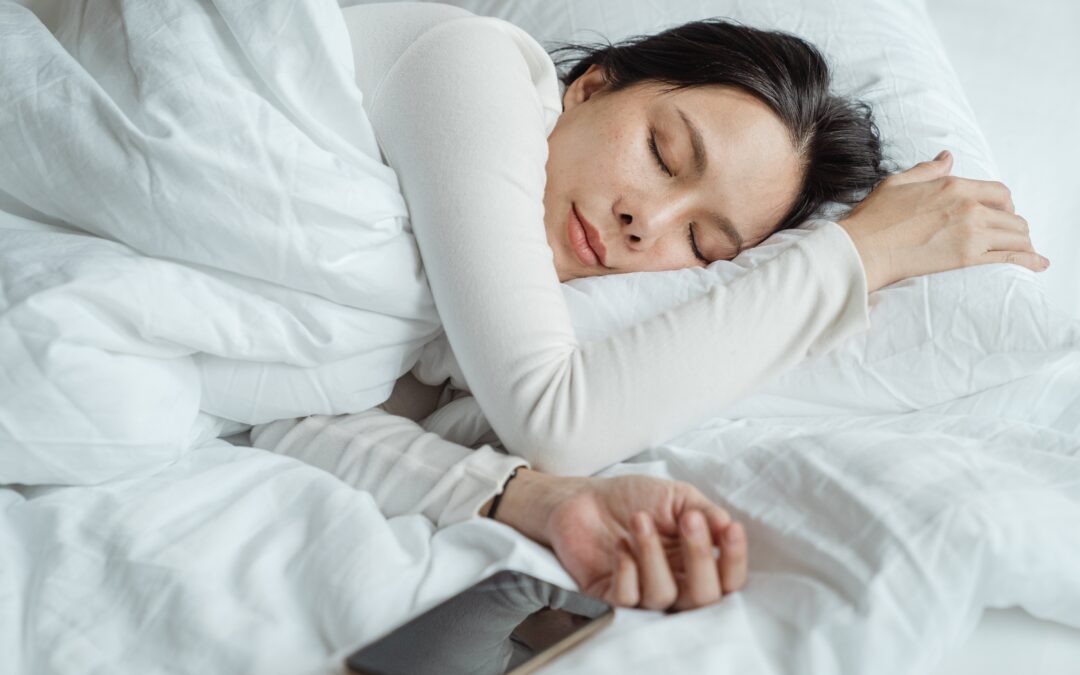Mental health and sleep are undoubtedly linked, while scientists are still figuring out exactly how they influence one another, studies suggest good sleep fosters mental and emotional resilience while sleep deprivation does the opposite. Chronic sleep issues plague patients with mental health issues disproportionately to the rest of the population. Patients in a psychiatric practice exhibit sleep issues up to 50-80% of the time versus the general population where sleep deprivation occurs just 10-18% of the time. So, what can you do to create better habits around sleep and positively impact your mental health?
Have a Routine
Experts suggest a regular sleep schedule which tends to increase the amount of sleep people get as well as their quality of sleep. Having a consistent bedtime routine sends a clear message to your body that it is time to go to sleep and helps your body and mind wind down. Having a consistent sleep schedule allows your body to adapt and get used to it, our bodies want to sleep particularly from the hours of 10 PM – 2 AM.
Minimize Your Screen Time
Humans used to be more connected to nature and our natural circadian rhythm, which is influenced by our light exposure. The blue light coming from our screens suppresses our secretion of melatonin and influences our circadian rhythm. Natural sunlight helps our body to regulate melatonin, so exposing yourself to lots of bright light during the day will help you sleep better. Also, try to minimize your exposure to blue light at night or wear blue light glasses.
Your Bedroom is for Sleep
Associate your bedroom with sleep, peace, and relaxation. It should not be a place where you are doing work, eating, or much else besides, well, sleeping. When your mind begins to associate your bedroom with sleep it will begin to relax as you lay down and try to go to sleep.
Avoid Caffeine at Night
Caffeine can impact getting to sleep, sleep time, efficiency in falling asleep, and quality of sleep. Such as reducing the time of deep and restful sleep. Even consuming caffeine up to 6 hours before bed can influence your sleep! Try and consume your caffeine in the morning or early afternoon to ensure it does not impact your sleep.
Sleep is inextricably linked to mental health. Lack of sleep is common in those who have mental health issues and insomnia can precede the development of depression, bipolar disorder, or other anxiety disorders. Developing healthy rituals and routines around getting good high-quality sleep is important to our mental health. Try some of these tips to ensure you get all the z’s you need!
Contact VIP Ketamine Clinics
Our Modesto, CA ketamine clinic offers ketamine infusions for a variety of mental health disorders, such as depression, anxiety, PTSD, and bipolar disorder. Our first priority is the emotional, mental and physical wellbeing of our patients. If you or a loved one are suffering from a psychiatric disorder, contact our ketamine clinic for a free consultation. We will help point you in the direction of health and wellness, whatever direction that may be.

